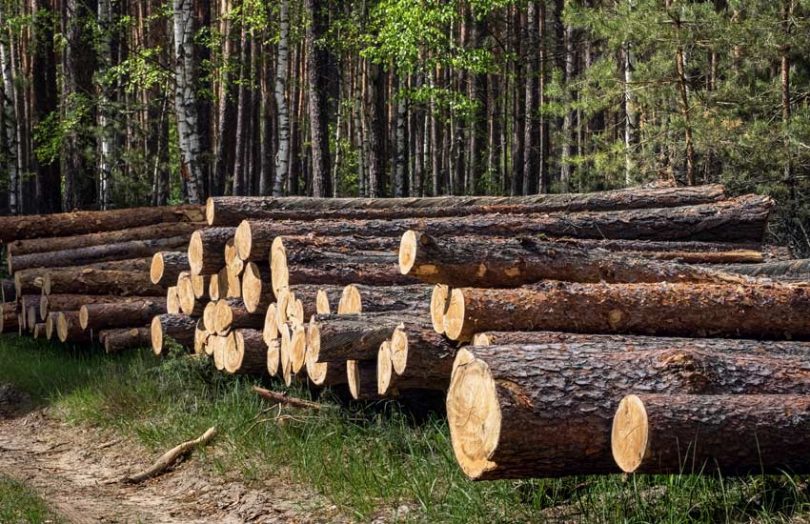Bioenergy company Enviva and blockchain firm GoChain partnered for a pilot designed to enhance the traceability of sustainable biomass or more specifically, wood pellets. The pilot is among the largest-scale projects in the biomass industry and its results may provide insights into how to improve Enviva’s existing proprietary Track & Trace system.
The company is the largest producer of industrial wood pellets burned as an energy source to generate electricity and heat, and is a renewable alternative to coal. Enviva is listed on the NYSE with a market capitalization of $1.8 billion. The company is keen to emphasize that it uses low-quality wood that would otherwise be discarded and the forests will be replanted or regenerated.
However, burning wood pellets is not necessarily cleaner than coal. An article from the Yale School of Environment states that “Burning wood pellets releases as much or even more carbon dioxide per unit of energy as burning coal, so in order for burning pellets to be carbon-neutral, the carbon emitted into the atmosphere has to be recaptured in regenerated forests.”
A select group of Enviva’s suppliers from the U.S. Southeast monitored various data elements, including forest tract locations and load weights. Through a unique QR code provided by GoChain’s blockchain, Enviva monitored wood fiber movement in real-time from harvest to wood pellet production plants. Over 1000 loads of biomass were recorded on the blockchain during the pilot.
Spanish blockchain firm ChainWood implemented a similar solution to improve transparency and efficiency in the forestry industry’s supply chain.
GoChain was Enviva’s elected partner because its blockchain solution avoids the energy hungry Proof of Work. The solution is scalable and uses a “Proof of Reputation” model for processing transactions, which shares some similarities with Proof of Authority. A Proof of Reputation model depends on the reputation of participants to keep the network secure. Blockchain participants must have a reputation important enough that they would face significant financial consequences and brand damage if they attempted to cheat the system. GoChain measures reputation through market capitalization and brand significance.
It is worth noting that Enviva’s renewable energy alternative to coal may potentially contribute to deforestation, although the company claims it uses wood that would otherwise be left to waste or burned by landowners.
Meanwhile, blockchain solutions are becoming more prevalent in sustainable markets to ensure the validity of manufacturers’ sustainability practices, communicate this added value to consumers, and aid in implementing sustainable practices. Unilever aims to have deforestation-free production by 2023 and is implementing blockchain traceability solutions in the process. Furthermore, the InterWork Alliance has set a group to focus on sustainability with the initial aim to standardize carbon offsets, and the group of cryptocurrency firms in the Universal Protocol Alliance recently launched a tradable carbon token.






